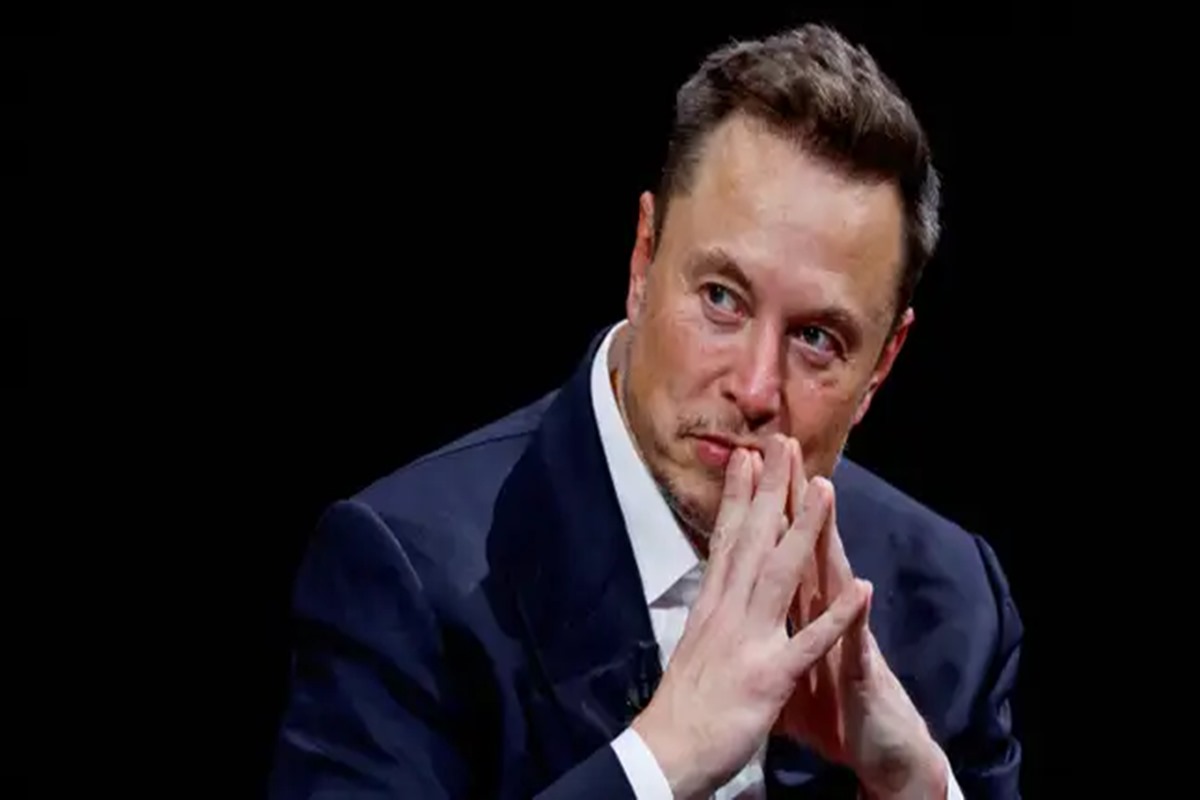Trump says Gaza residents won’t have right to return
US President Donald Trump has said Palestinians will not have a right to return to Gaza which he plans for the United States to "own" as it is redeveloped and rebuilt.
Entrepreneur and billionaire Elon Musk’s rapid rise as a central figure in the Trump Administration is both a testament to his influence and a reflection of the American public’s demand for sweeping government reform.

(Photo: Elon Musk IANS)
Entrepreneur and billionaire Elon Musk’s rapid rise as a central figure in the Trump Administration is both a testament to his influence and a reflection of the American public’s demand for sweeping government reform. The November election delivered a clear mandate for dismantling bureaucracy and streamlining federal operations. Mr Musk, with his reputation for efficiency and disruption, is now executing that vision with characteristic speed and force. His leadership at the newly created Department of Government Efficiency (Doge) has already led to dramatic restructuring efforts.
The United States Agency for International Development (USAID), once a pillar of American foreign aid, has been particularly affected. Critics argue that Mr Musk’s move to freeze its operations and sideline its leadership amounts to political retribution rather than reform. But supporters see it as a long-overdue correction to a bloated agency, often criticized for inefficiency and misallocation of funds. The divide reflects a deeper debate over whether radical change is necessary to break Washington’s inertia or whether it risks undermining vital institutions.
Advertisement
Mr Musk’s approach mirrors his corporate playbook ~ swift overhauls, aggressive cost-cutting, and a belief in decisive leadership over bureaucratic consensus. At Tesla, SpaceX, and Twitter, this strategy produced remarkable innovation, though often at the cost of stability. Whether that model translates to governance is uncertain. Government agencies are designed to serve public interests within a framework of oversight and legal constraints. A private-sector mindset, focused on disruption, could lead to unintended consequences when applied to institutions responsible for public welfare and global diplomacy. Mr Trump’s close alignment with Mr Musk raises broader questions about the role of unelected power in policy making.
Advertisement
The President has made it clear that Mr Musk is an essential figure in his administration, praising his ability to bypass red tape. But such concentrated influence also warrants scrutiny. Government is not a corporation, and while efficiency is valuable, democratic institutions function on checks and balances, not executive fiat. The risk is that reforms pursued with too much force, too quickly, could weaken accountability rather than improve governance. A more measured approach would be for Mr Musk and the administration to work with Congress to implement their agenda. The flurry of executive orders in the first weeks of Mr Trump’s second term has signalled an aggressive approach, but Congress remains a critical player in determining the scope of these reforms. In December, lawmakers approved government funding through March 14, preserving USAID and the broader federal bureaucracy.
If the administration truly seeks lasting change, it would be more effective to secure Congressional approval for deep funding cuts to USAID and other federal programmes when the next funding bill is debated. Yet, dismissing Mr Musk’s role outright would ignore the frustration that fuelled his rise. Many Americans believe the federal government has grown unresponsive, inefficient, and resistant to change. Mr Musk represents a radical alternative to politics as usual, and his efforts reflect the will of those who voted for disruption.
Advertisement